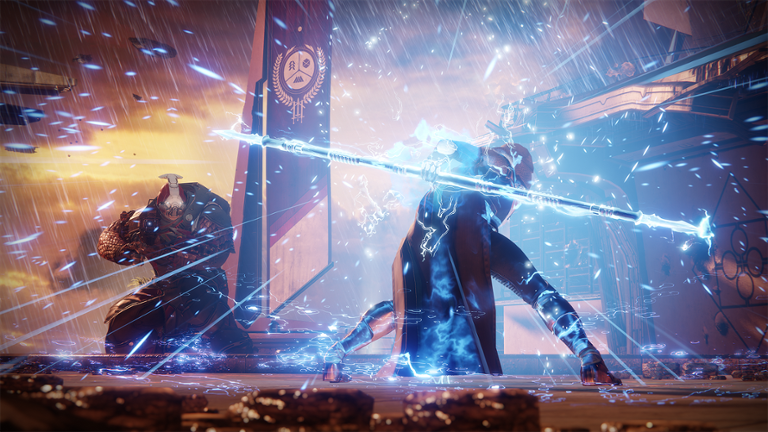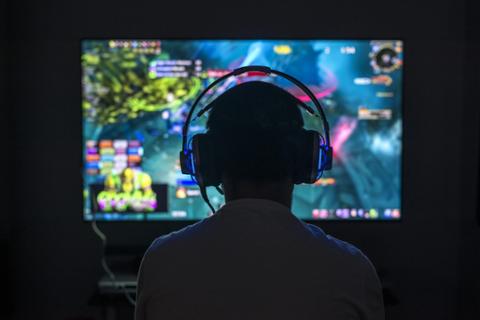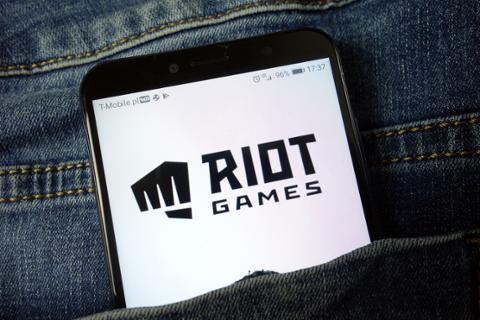Microsoft’s recent acquisition of Blizzard Activision (for an eye-popping $68.7 billion) has potentially kicked off a wave of consolidation within the video-game industry: Now Sony has announced the acquisition of legendary game studio Bungie for $3.6 billion. As with the Microsoft-Activision acquisition, the Bungie buy hints at a changed gaming landscape for not only players, but also technologists who work in gaming.
In the short term, Bungie plans on using Sony’s money to go on a hiring spree. “With [Sony’s] support, the most immediate change you will see is an acceleration in hiring talent across the entire studio to support our ambitious vision,” read Bungie’s corporate blog posting on the matter. “If this speaks to you, and you want to help us put a dent in the universe, we are hiring across all disciplines for Destiny 2 and for all new worlds beyond.”
Some of Bungie’s current posted jobs are remote, while many are located in Bellevue, WA, where the studio is headquartered. The company wants many types of engineers, including specialists in graphics, UI/UX and gameplay, as well as designers.
Earlier this month, Microsoft claimed that the Activision deal would make it the third-largest gaming company by revenue, behind Tencent and Sony. This new Sony-Bungie deal won’t change those rankings, but it will give Sony access to some valuable IP, most notably the popular “Destiny” open-world game franchise. Bungie’s workforce is also famous for their skill (this is the studio that created “Halo,” after all), positioning Sony to take advantage of whatever cool things they produce next.
According to the latest edition of GDC’s State of the Game Industry report, game developers are most interested in producing games for the PC, followed by Sony’s PlayStation 5, Android, and Microsoft Xbox Series X/S. In theory, those rankings could shift if Sony or Microsoft have a multi-year run of blockbuster exclusive games, or if one console generation proves incredibly superior to another. For the moment, though, both gaming titans seem determined to allow their studios to produce games for multiple platforms. How long until one or the other buys another big game-maker?



